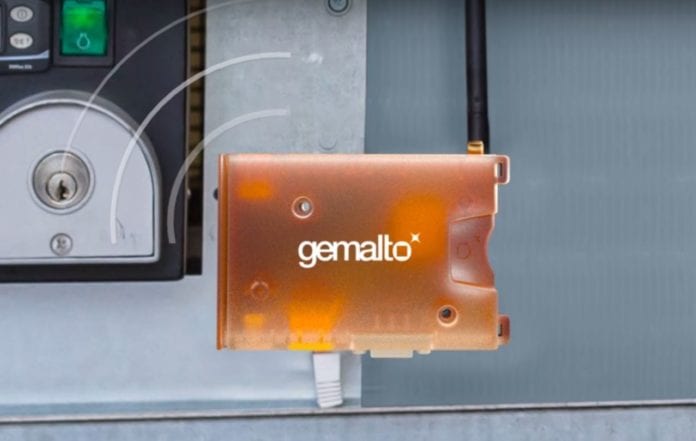Smart Dublin, a smart-city cooperative combining the four local authorities in the Irish capital, has announced €1.2 million ($1.5m) of new funding for smart city projects. The new projects, split across two funding blocks, are geared towards providing low-cost solutions to twin-sets of civic challenges, including mobility, connectivity and logistics, and dumping, flooding and way-finding.
The Smart Dublin initiative will formally unveil five smart city competitions worth €900,000 at a gathering in the city on April 26. Funding will be granted in each of five distinct categories. These are water quality, smart mobility, internet of things (IoT) connectivity, last-mile delivery, and local democracy. The competition is open to local entrepreneurs, enterprises and research institutes.
Therese Langan, transformation project manager at Dún Laoghaire-Rathdown County Council, one of the four local authorities in the Smart Dublin initiative, said “This is an excellent opportunity for small and emerging companies to get involved in demand led projects through the development of innovative solutions and technologies to address future challenges that impact on the quality of peoples’ lives.”
Separately, eight companies have been awarded contracts worth over €300,000 to pilot new smart city solutions in Dublin, including for illegal dumping, flooding and way-finding. The winners are Analytics Engines, Carra Group, Danalto, Evercam, mSemicon, Route4U, Skytango and SparroWatch.
Both programmes are backed by Enterprise Ireland. The new funds represent phase two in Smart Dublin’s support for small business innovation research (SBIR), a pre-commercial procurement initiative by the state economic development agency to drive jobs and innovation.
Marguerite Bourke, manager of SBIR at Enterprise Ireland, said: “We are seeing commercial successes, new spin-outs and jobs created out of the first phase. In phase two, SMEs will test their ideas and build prototypes that Smart Dublin will be able to deploy immediately. The wider applicability potential for these new products, both in Ireland and internationally, is a very exciting prospect.”
Phase one of the funding, in May 2017, generated around 200 expressions of interest and 40 proposals, of which 16 were awarded funding of €12,500 to research and demonstrate the viability of their solutions. Phase two sees eight companies progress to develop prototypes of their solutions.
The new €900,000 pot will be divided in five competition areas, sponsored by five local council groups.
The local authorities in Dún Laoghaire-Rathdown and Waterford want solutions to collate and communicate the quality of bathing water. Dublin City Council and the Sustainable Energy Authority of Ireland (SEAI) want shared mobility options for staff, combining electric cars, electric bikes, and push-bikes.
The county council in Dún Laoghaire-Rathdown wants to establish an IoT radio mesh network. The city councils in Dublin and Belfast want to optimise freight and cargo deliveries to reduce traffic and improve air quality and noise pollution. Fingal and Cork councils want to engage ‘unheard voices’ within their communities.
The eight candidates that have continued with phase-two €300,000 SBIR funding have been asked to find solutions in three areas, specifically: illegal dumping, floor monitoring and way-finding.
The authority in South Dublin said deployment of drones, smart cameras and IoT sensors has “opened up new possibilities” to tackle illegal dumping. Dublin City Council said it has already deployed fully working prototypes to gain “real time data from the hostile and grim environment of a Dublin gully.” Meanwhile, the way-finding challenge has so far identified solutions that support GPS navigation for wheelchair users on the pedestrian network.
In February, Dublin City Council announced the city’s docklands area as a designated test-bed for new digital technologies, unveiling a ‘Smart Docklands’ initiative to stimulate innovation in the district. Around 40,000 people work and 26,000 people live in Dublin’s docklands area.
Smart Docklands works as an independent ‘broker’ between the local council, enterprises, and universities, it said.
UK-based telecoms group Vodafone said late last year it is testing narrowband IoT (NB-IoT) sensors in the docklands district as part of the wider Smart Dublin initiative.

